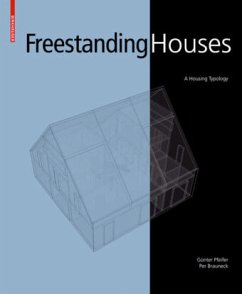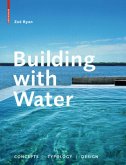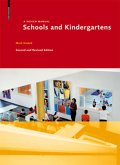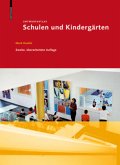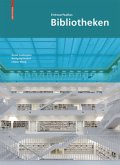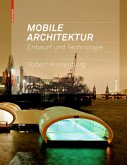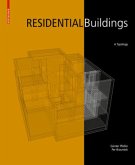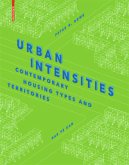To continue developing existing building types in an intelligent way is a crucial task in the field of residential building. For the success of the individual design, as well as for ensuring that tried and tested structures can be utilized, repeated, and varied, a deeper grasp of the underlying types is indispensable. For this typology of residential buildings, the authors have developed systematic new presentations of the most innovative types. Each individual volume lays out the possibilities for using and transforming a particular form of residential structure.
The fourth volume deals with the types of freestanding houses, whose all-around orientation allows for the optimal arrangement of all dwellings. A presentation of the freestanding house as an isolated element and as a building block for larger structures is followed by discussions of topics such as self-sufficiency versus neighborhoods, "Raumplan" versus "plan libre," and individuality versus density.
Within each type, variants are distinguished according to type of access, number of floors, etc. The range of possible solutions is presented in uniform ground plans and sections newly drawn to scale.
Hinweis: Dieser Artikel kann nur an eine deutsche Lieferadresse ausgeliefert werden.
The fourth volume deals with the types of freestanding houses, whose all-around orientation allows for the optimal arrangement of all dwellings. A presentation of the freestanding house as an isolated element and as a building block for larger structures is followed by discussions of topics such as self-sufficiency versus neighborhoods, "Raumplan" versus "plan libre," and individuality versus density.
Within each type, variants are distinguished according to type of access, number of floors, etc. The range of possible solutions is presented in uniform ground plans and sections newly drawn to scale.
Hinweis: Dieser Artikel kann nur an eine deutsche Lieferadresse ausgeliefert werden.

